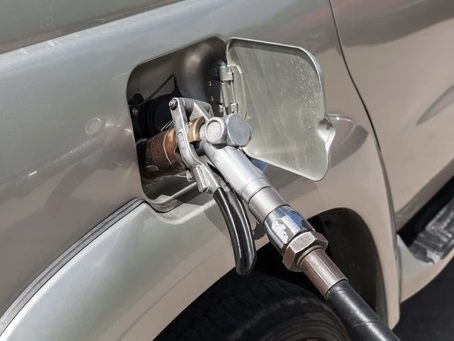Posted on 7/30/2020

Your brake system is made up of multiple parts that all need to work together to bring your vehicle to a safe stop. It is crucial that your vehicle braking system is kept in good condition to guarantee both you, your passengers and other drivers remain safe on the road. Your brake pads and rotors should last you at least 2 years or 24,000 miles, but the numbers can differ depending on driving styles and driving conditions. Luckily for you, your brake system will likely start exhibiting minor symptoms that you can use as an indicator that it may be time to replace your brakes. Here are five common signs it’s time to service your brakes. 1. Squeaking or squealing coming from brakes and when stopping When your brake pads are near the end of their life cycle, they will start making a squeaking noise. This noise is usually caused by a built in wear indicator that is specifically designed to make a ... read more
Posted on 7/14/2020

These comparisons are meant to illustrate the cost effectiveness of each fuel for the consumer, and to weigh it against its environmental impact. The end result will help you decide which of the two most widely available alternative fuels (battery and LPG) is right for you. Diesel and gas are included -- gas, because we need something to compare to, and it is the standard automotive fuel, and diesel, because it is somewhat standard for commercial use, especially when it comes to hauling heavy loads. Energy density These numbers vary only slightly according to different sources. With that in mind, these numbers can serve as good benchmarks. The difference between diesel, gas and propane is small. The energy density of current EV (electric vehicle batteries) is much, much smaller -- about 1/100th that of fuel. Figures are given as megaJoules per kilowatt. LPG: 50.2 Gas: 46.5 Diesel: 45.8 Battery: 0.3 Yes, you read that right… 0.3. But there is much more to the story. Energ ... read more